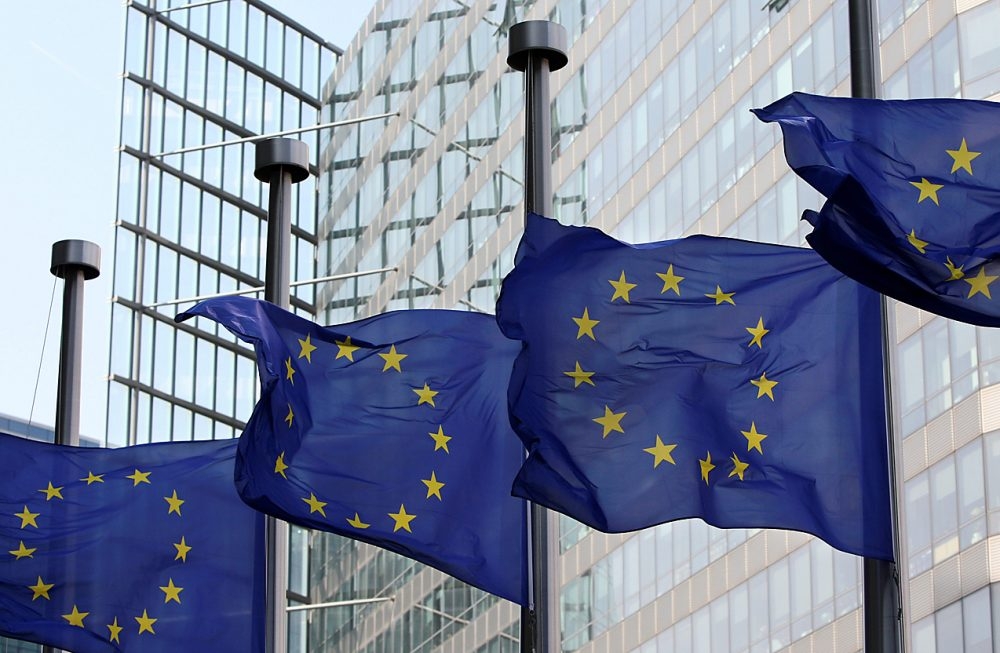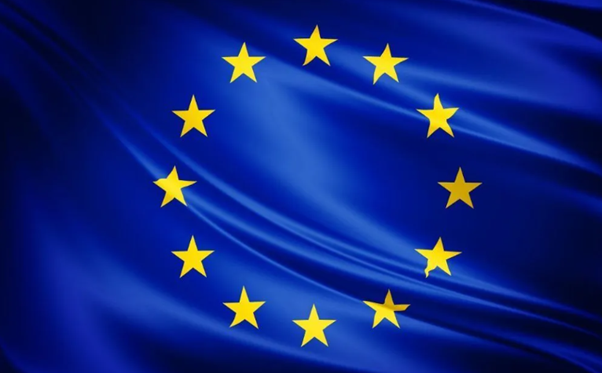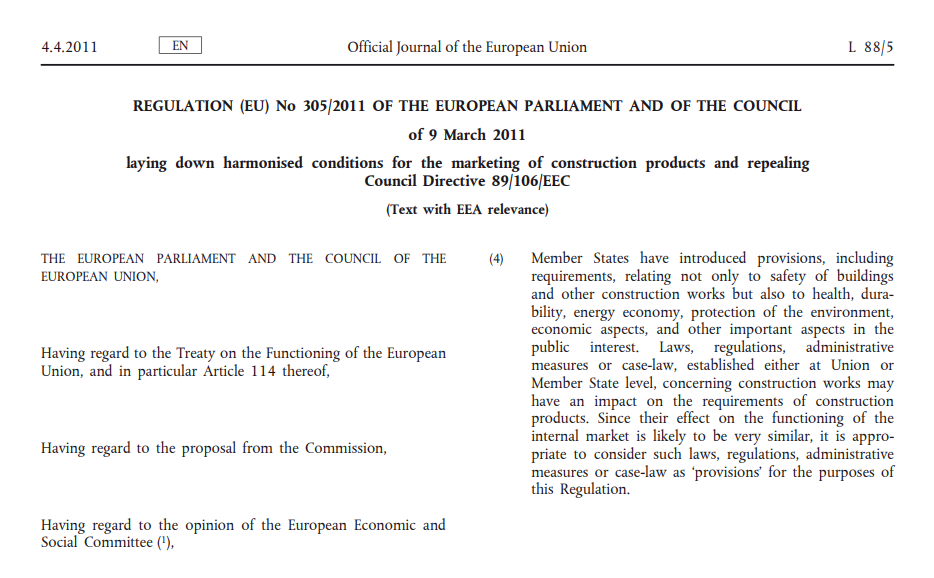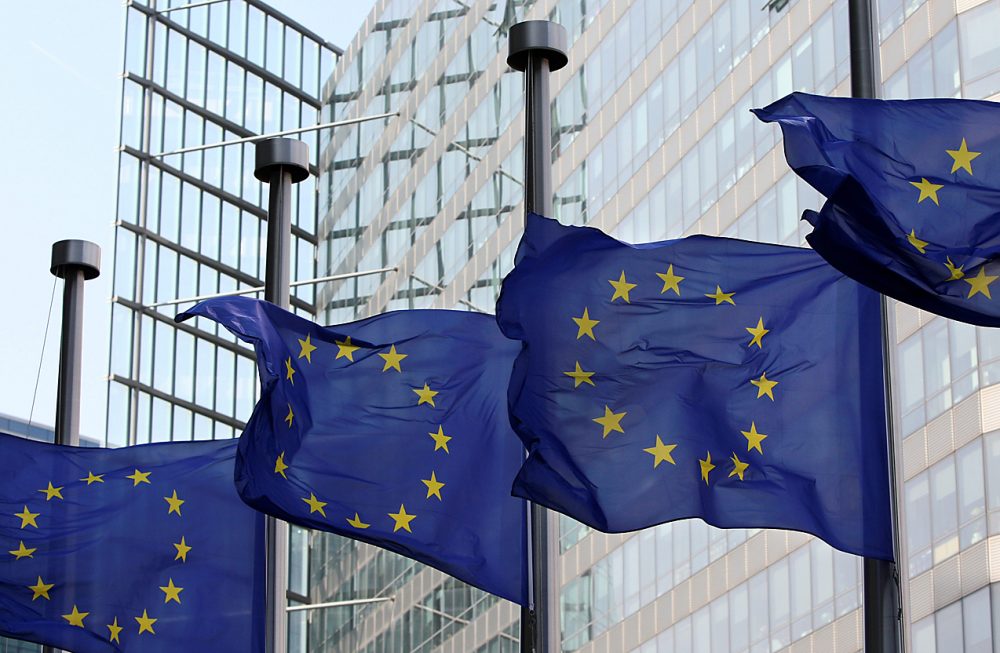EU Businesses Call for Stability in Sustainability Rules to Protect Green Investments
Leading European companies are urging the European Commission to ensure the stability of sustainability rules and exclude the possibility of revisiting them, to avoid legal uncertainty and maintain the investment appeal of the region.

On 17 January 2025, a coalition of major companies, such as DP World, Ferrero, L'Occitane, Mars, Nestlé, Primark, Signify, and Unilever, sent an official letter to the European Commission. The business community expressed concern regarding plans to review several legislative acts within the "omnibus" proposal. Companies warn that reopening already adopted regulations for further discussions could undermine efforts to achieve sustainability goals and create significant financial and operational risks.
Business Concerns: The Need for Consistency and Clarity
Industry leaders highlight several key risks that may arise if the Corporate Sustainability Due Diligence Directive (CSDDD) is revised:
- Legal Uncertainty. Businesses require a stable regulatory framework to confidently plan long-term investments. Revisiting legislation creates the risk of changes to already agreed obligations, which could lead to delays in project implementation and additional costs to align processes with updated requirements;
- Financial Losses. Organisations have already invested considerable resources in adapting to the current CSDDD requirements. Any changes may render these investments futile and require further expenditure to adjust business strategies, thereby reducing the competitiveness of European enterprises;
- Discrepancies between EU Member States. Reopening the directive for discussion could lead to varying interpretations and implementations in different countries, creating barriers for doing business in the single EU market and increasing administrative burdens;
- Reduced Investor Confidence. Regulatory uncertainty undermines investor trust in the stability of EU legislation. There are concerns that unpredictability in regulation will negatively impact the attraction of new capital into sustainable development projects;
- Undermining EU Global Leadership. The European Union occupies a leading position in developing sustainability standards. Frequent changes to legislation may weaken international trust in the EU's regulatory system and hinder the promotion of a unified approach globally.
Business representatives emphasise that they welcome the European Commission’s efforts to eliminate redundant and overlapping reporting requirements, but they are firmly against reopening already agreed legislative texts. The potential reopening of the CSDDD is of particular concern, as it is already harmonised with the Corporate Sustainability Reporting Directive (CSRD) and does not introduce additional reporting obligations.
A Call to the European Commission: Focus on Implementation, Not Revision
Stakeholders urge the European Commission to confirm that the review of legislative acts will not affect already adopted norms and will not lead to political renegotiation of the CSDDD. Instead, business advocates the need to focus on the practical implementation of the directive, providing organisations with clear and consistent guidance for its application.
To successfully implement sustainability rules, the European Union must ensure predictability and stability in the regulatory environment so that businesses can confidently plan their long-term investments. It is important to establish a transparent consultation process with the private sector to address practical implementation challenges and offer specific solutions for emerging difficulties. Moreover, special attention should be given to the consistency and uniformity of approaches across EU member states, as this will prevent regulatory fragmentation and provide equal conditions for all market participants.
Industry representatives emphasise that the consistent fulfilment of agreed obligations and a stable regulatory environment are key to creating fair conditions for business and achieving long-term sustainability goals.



